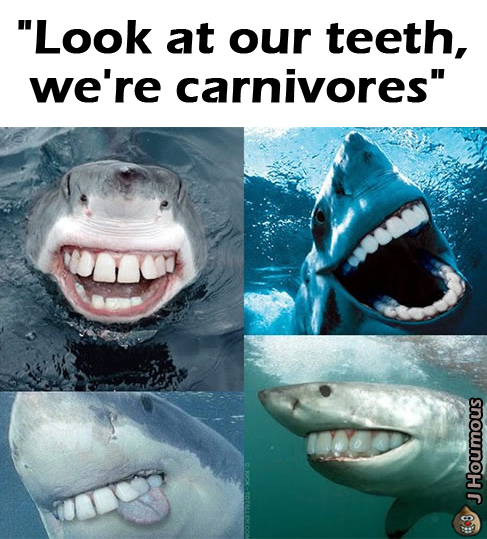this post was submitted on 28 May 2024
328 points (70.0% liked)
memes
15056 readers
19 users here now
Community rules
1. Be civil
No trolling, bigotry or other insulting / annoying behaviour
2. No politics
This is non-politics community. For political memes please go to [email protected]
3. No recent reposts
Check for reposts when posting a meme, you can only repost after 1 month
4. No bots
No bots without the express approval of the mods or the admins
5. No Spam/Ads
No advertisements or spam. This is an instance rule and the only way to live.
A collection of some classic Lemmy memes for your enjoyment
Sister communities
- [email protected] : Star Trek memes, chat and shitposts
- [email protected] : Lemmy Shitposts, anything and everything goes.
- [email protected] : Linux themed memes
- [email protected] : for those who love comic stories.
founded 2 years ago
MODERATORS
you are viewing a single comment's thread
view the rest of the comments
view the rest of the comments

Which is why I said "in general, you're right". However, that doesn't take away the fact that most livestock from some countries is primarily raised on land that can't be farmed.
Speaking of supply chains: We could do the math on whether shipping a vegetable-based calorie from Brazil to Norway is more or less of an environmental burden than a meat-based calorie produced in Norway.
Here you go:
Did you read the text on that graphic?
I'm not talking about meat production in general (which I think should be minimised), I'm specifically talking about meat production from land that is not viable for other uses.
This was exactly my point: I'm legitimately interested in how that graphic looks if you consider meat produced on land that cannot be used for other types of agriculture, and which is local so that transportation is a negligible cost, and feed production is close to non-existent, because the livestock primarily lives off the land.